Vaccine lottery scams and other tricks to watch out for
Vaccine lottery scams
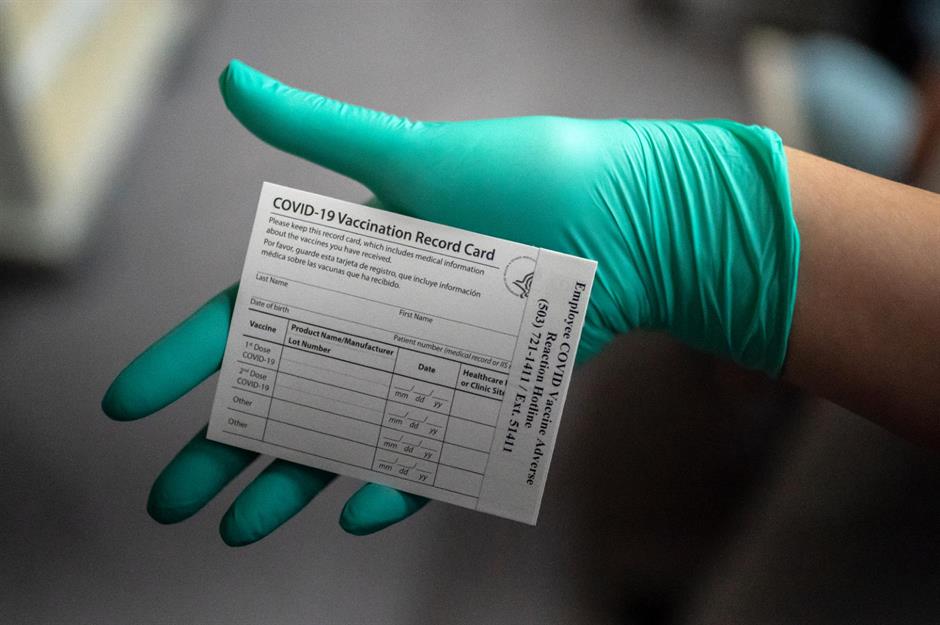
Several states including California, Colorado, New York, Oregon, Maryland and Ohio have recently launched lotteries to encourage people to get vaccinated against COVID-19. However, the incentives have also attracted scammers.
In Ohio, its Vax-A-Million lottery will give Ohioans who enter the chance to win one of five $1 million jackpots. But scammers have been using the lottery as a ruse to contact people in the state to try to get them to reveal personal information, such as social security numbers and other private information. The state has since emphasized that it is free to enter the lottery, and the only ways to enter are online at ohiovaxamillion.com, and by phone at 1-833-4-ASK-ODH (1-833-427-5634). But it's not the only state lottery fraudsters are targeting...
Vaccine lottery scams

It's a similar story in California, which is offering the country's largest vaccine prize money, totaling $116.5 million. Any Californian aged over 12 who gets vaccinated is entered into the Vax for the Win incentive program, which has 30 draws worth $50,000 each, and 10 draws for $1.5 million prizes. But scammers have been contacting unsuspecting Californians on Facebook or by phone, telling them they have won to try and get them to share their personal information.
As a result Californian state authorities have underlined that winners do not have to pay any fees to verify they are eligible to win, and that they will be notified either by phone by an official with the California Department of Public Health, which will have a "State of CA CDPH" caller and text ID, an official CDPH email address, or in person by staff. Pictured is Governor Gavin Newsom who has spearheaded the scheme.
But vaccine lotteries aren't the only way scammers are keen to defraud people during the pandemic. In fact, you might be shocked that Americans have lost at least $399 million to COVID-related fraud so far, according to 436,000 reports filed with the Federal Trade Commission (FTC) between January 2020 and April 2021. Click or scroll through the other tricks you should watch out for right now.
Stimulus check and other government support scams
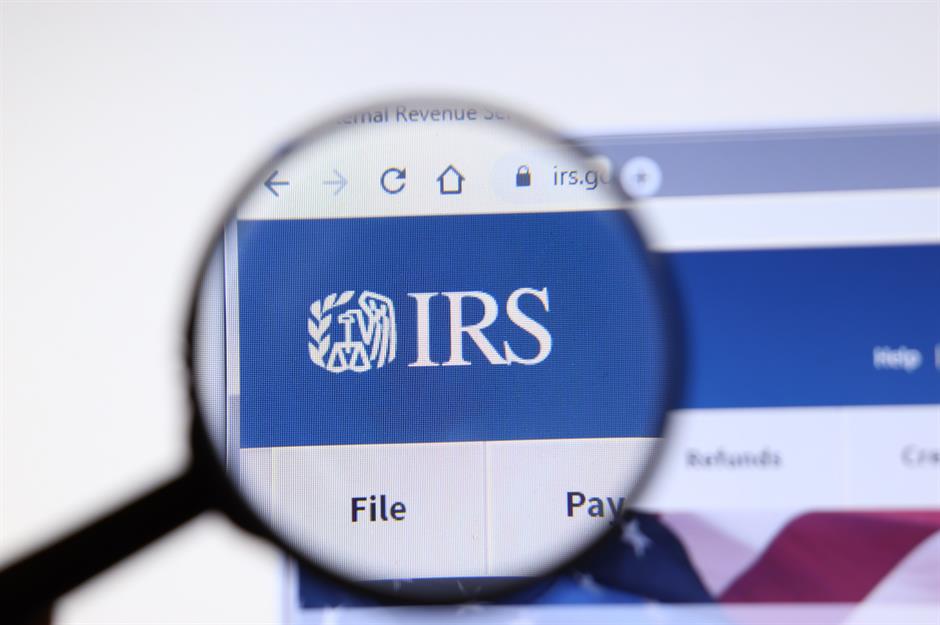
During the pandemic scammers have tried to take advantage of the US government's financial support measures and claimed to be from the IRS or other government tax agencies in order to scam people out of money. Methods including email and text have been used. In November last year the IRS warned about a text message scam that is tricking people into sharing their bank account details in order to receive the $1,200 stimulus check. The IRS never sends unsolicited texts and would never ask you to provide bank account information via text. People who don't file a tax return will only ever be contacted by letter about the payment. And the FTC is warning about scam emails containing a "certificate of approval" for your stimulus payment.
Sponsored Content
IRS and Social Security scams
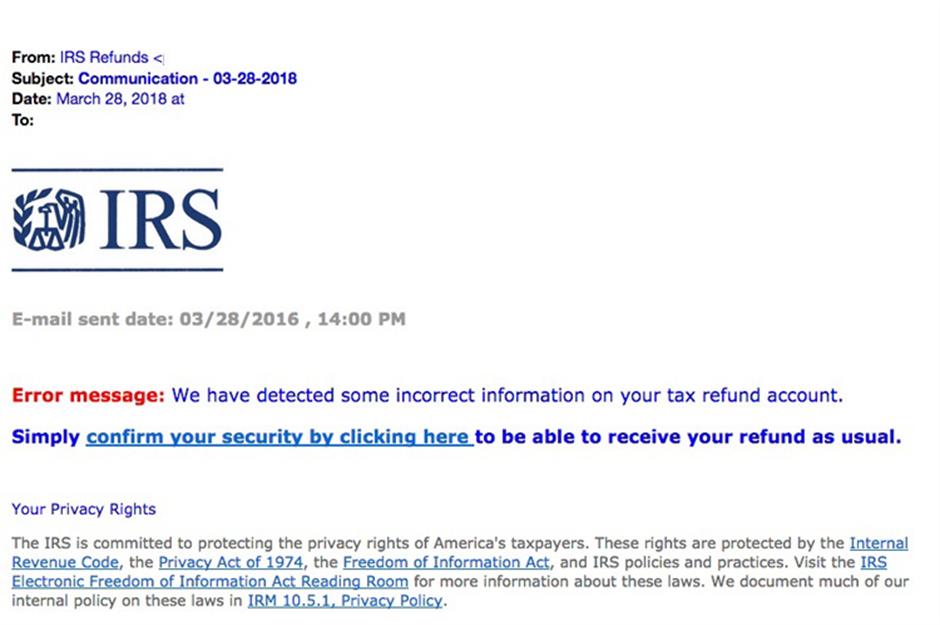
The distraction of COVID-19 has potentially been of help to non-coronavirus scams, and the US government has warned that IRS and Social Security scams are also very prevalent right now. So what does this kind of scam look like? Imposters pretend they’re from the IRS and contact people via telephone, email, or text message, either claiming that you owe taxes and demand that you pay immediately, or asking you to verify personal information via a link, which usually leads to a fraudulent website. However, the IRS will always make first contact with you via a letter in the mail, and never ask you to pay via a prepaid debit card, wire transfer or cashier's check.
COVID-19 charity scams aimed at the public
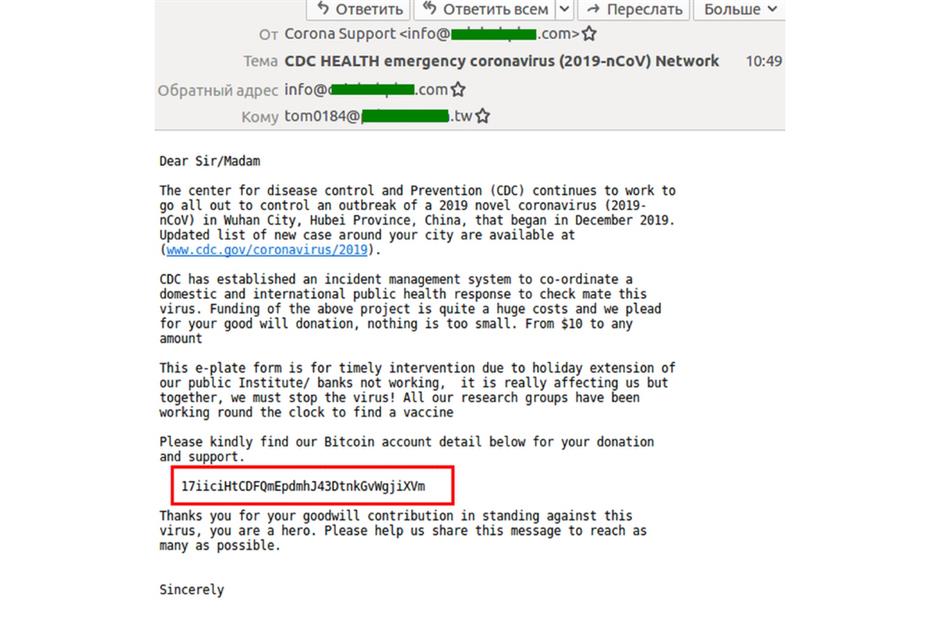
Posing as fake charities or even pretending to be a legitimate charity, scammers have been trying to get people to make donations, for example towards the development of a COVID-19 vaccine. While the warning signs can be hard to spot, don't click on any links in an email or text message as they may direct you to a fake website that looks real. Instead search for the name of the charity and its website independently. The fake charity email pictured asks for donations in Bitcoin, which no genuine charity is going to do.
Scams aimed at organizations fighting COVID-19

Charities, non-profit organizations and even governments supporting and running coronavirus relief efforts have to be aware of scammers too. In a high-profile example, a company called IMPACT Medical & Surgical Solutions scammed the State of New York, taking advantage of the desperate need for PPE by charging inflated prices for fake items it didn't actually own. It's important to be wary of offers that seem too good to be true, and even if someone claims to be from a legitimate organization it's important to still carry out due diligence. It's often worth contacting an organization independently to check the information you have received is accurate.
Sponsored Content
Scams offering fake COVID-19 home testing kits and vaccines
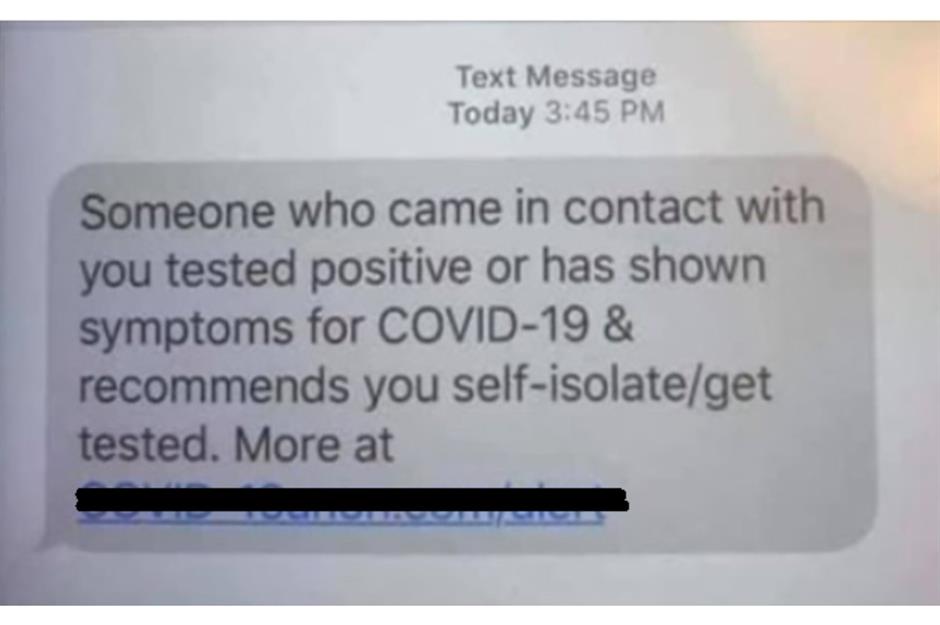
Fake testing scams for Medicare recipients
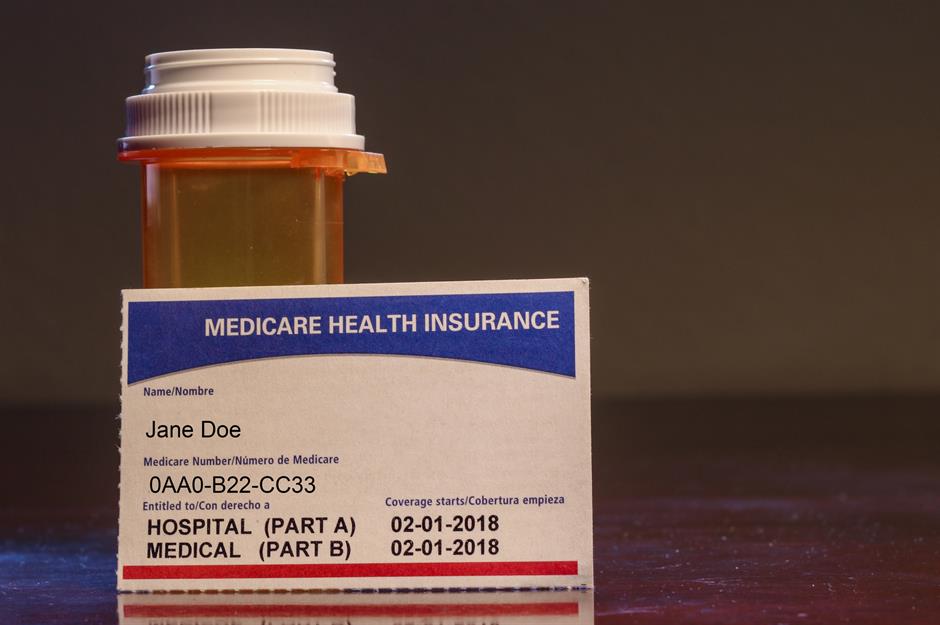
And scammers are targeting Medicare beneficiaries and trying to get hold of their personal data using tactics such as offering COVID-19 tests, HHS grants or Medicare prescription cards to get hold of personal information, which can be used to commit medical identity theft or fraudulently bill healthcare programs. And beware of fake contact tracers, as legitimate contact tracers will never ask for your Medicare number or financial information. The Department of Health and Human Services warns that these services are unapproved and illegitimate, and that Medicare will not contact you to offer COVID-19 related products, services or benefit reviews.
Fake Clorox and Lysol websites

As the coronavirus pandemic has boosted sales of cleaning products, and led to low supplies, scammers have seen an opportunity to make some money. Scammers have created fake websites posing as well-known cleaning companies such as Clorox and Lysol to get people to buy products that they will never receive. The FTC warns that people should be careful when buying products that are in short supply elsewhere, such as cleaning materials or PPE, and that people should always use a credit card to make a purchase from a new website as federal law protections mean you won't have to pay for items you never receive.
Sponsored Content
Grandparent scams

Grandparent scams have existed for years and involve fraudsters posing as grandchildren who call or text message claiming to be unwell or in trouble, asking the grandparent to wire money to help them out. In the time of coronavirus and enforced social distancing, these scams have taken on a new sense of urgency and believability. The FTC urges people not to act immediately and to verify a person's identity by asking questions that a stranger couldn’t possibly know the answer to. Above all, don’t send any cash.
Fake pet-buying sites

Fraudsters have also capitalized on demand for other things during the pandemic, such as pets, and set up fake sites to dupe people out of their money. The scams work by fraudsters advertising puppies or kittens for sale which don’t really exist, and then demanding an upfront payment. The sneaky scammers have also used lockdown restrictions as an excuse for not allowing buyers to see the pets before they part with their money.
Shopping scams

A product that's in high demand will always appeal to scammers. After Nintendo's Switch games console sold out globally during the lockdown, some people turned to obscure websites to try to buy them, only to be duped by scammers. It's not the first time the device has been targeted as a means to scam people, with Nintendo Switch scams being reported via Amazon's third-party listings in 2017, and eBay in 2019.
Sponsored Content
Online marketplace fraud

As various stay at home orders have caused people to shop online, the likes of eBay, Depop and Facebook Marketplace have been inundated with scammers during the pandemic, selling items including phones, laptops and MacBooks, vehicles and footwear, at what seem like great prices. But that's because they don't have the products.
Too-good-to-be-true travel deals
Scammers have also set up fraudulent websites to offer people fake travel deals, often requiring people to pay a deposit which would not be returned. As we approach holiday season again, be careful when using websites you haven't heard of or used before, and if possible use a credit card as that will help to protect your purchases.
Vacation cancelation refund scams
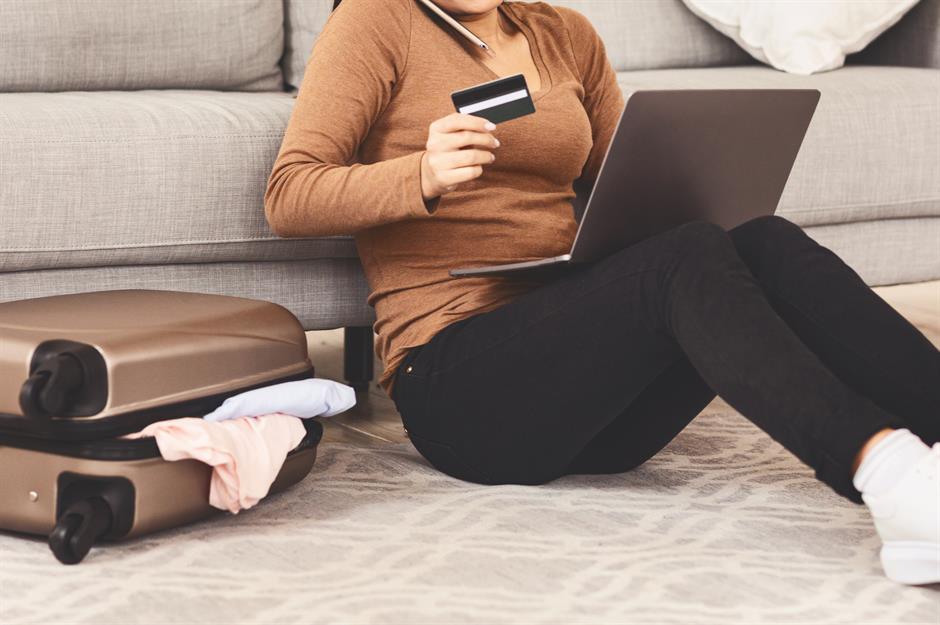
On the flipside, after many people had vacations canceled during 2020, scammers jumped on the opportunity to send fake emails from “refund claim companies”, to call and pose as the travel company or even to use fake social media accounts in order to defraud people.
Sponsored Content
Fake Amazon and Apple support calls
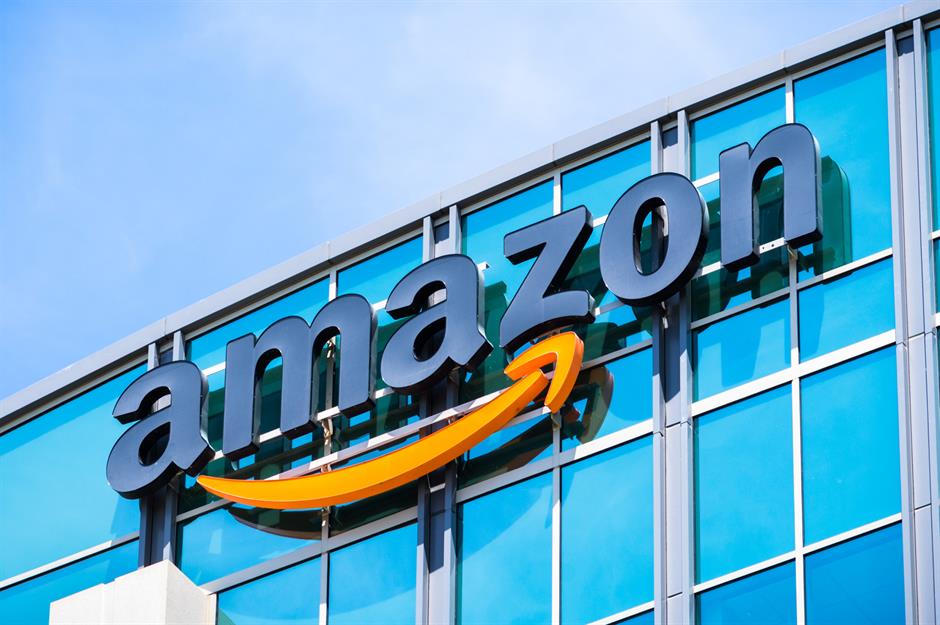
Scammers have also been using the names of Amazon and Apple to scam people over the phone. The Amazon scam uses a pre-recorded message that says there’s something wrong with your account, either a suspicious purchase, lost package, or an order it can’t fulfill. The Apple scam says that your Apple iCloud account has been breached. In both scams they ask you to press 1 to speak to someone, or give you a number to call, as the scammers try to take your personal information, account password or credit card details. If you think there is genuinely an issue with your account contact Amazon or Apple independently through channels you know to be legitimate.
Amazon Prime fake calls
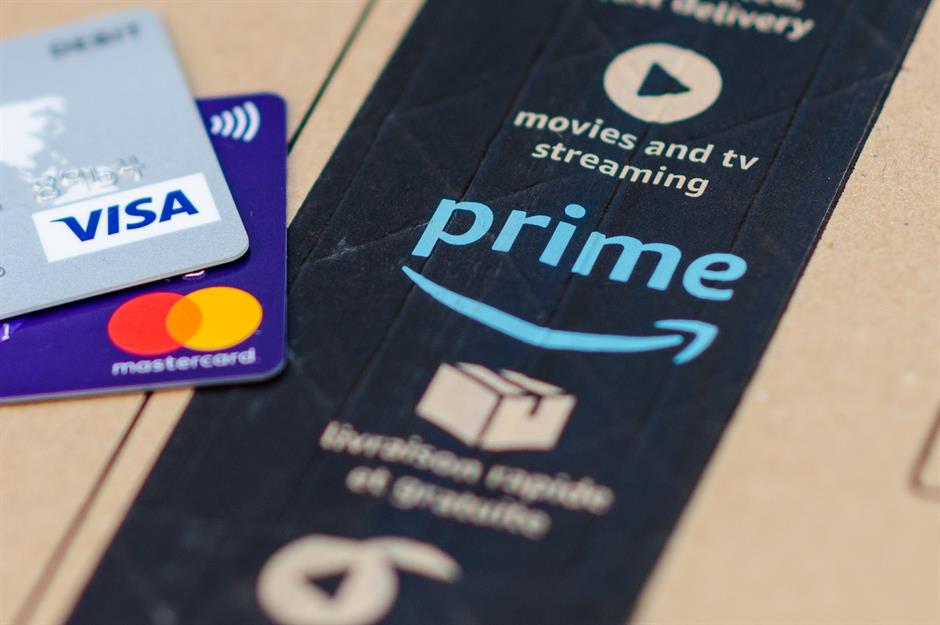
In a variation on the Amazon support scam, people receive a recorded telephone message claiming to be from Amazon Prime, telling customers that their Prime subscription is due to auto-renew and inviting them to press 1 to cancel it. Then, a fraudster posing as an Amazon rep tells them that the subscription has been set up fraudulently and requests that the caller downloads software in order to secure their account, allowing them to access the victim’s bank account. If you receive such a call, don't press 1 but contact Amazon directly to check the status of your account.
Now see what Americans are spending their stimulus checks on
Comments
Be the first to comment
Do you want to comment on this article? You need to be signed in for this feature